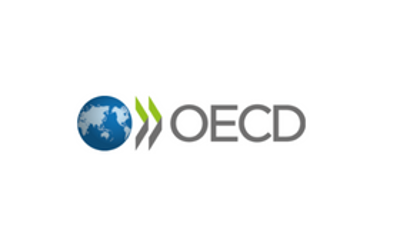
OECD education report: Ireland in last place for investment in second-level education
The OECD report Education at a Glance 2022 once again ranks Ireland in last place out of 36 countries for investment in second-level education as a percentage of gross domestic product (GDP).
In 2019, the year analysed in the OECD report, Ireland invested 1% of GDP in second-level education compared to the OECD and EU averages of 1.9%.
Expenditure per second-level student was $10,383 compared to an OECD average of $11,400 and an EU average of $11,673.
In 2019, total expenditure on primary, second-level and post second-level non-tertiary education in Ireland was 2.3% of GDP, lower than the OECD average of 3.4% and EU average of 3.2%.
Ireland’s young people at risk
“At a time of record high numbers of young people attending second-level education in Ireland, schools are in urgent need of a significant increase in funding,” said ASTI President Miriam Duggan. “If we are serious about preparing all of our young people for life and work in modern society we must catch up with our OECD and EU counterparts. Smaller classes, improved buildings and IT resources, and more guidance counsellors are key areas crying out for urgent investment.”
High returns on investment in education
The OECD report emphasises the high returns of Government investment in education for individuals and countries. Workers who have upper second-level education earn significantly more than those with below upper second-level education only. The report also highlights the role of education in wellbeing, social tolerance and global mindfulness – all critical in today’s world.
Pandemic lesson
“The report states that the Covid-19 pandemic demonstrated that education attainment is one of the best protections against economic risks. Investment in education is essential for preventing the education system from future shocks, not least the current economic uncertainty,” said Ms Duggan.
Ends

